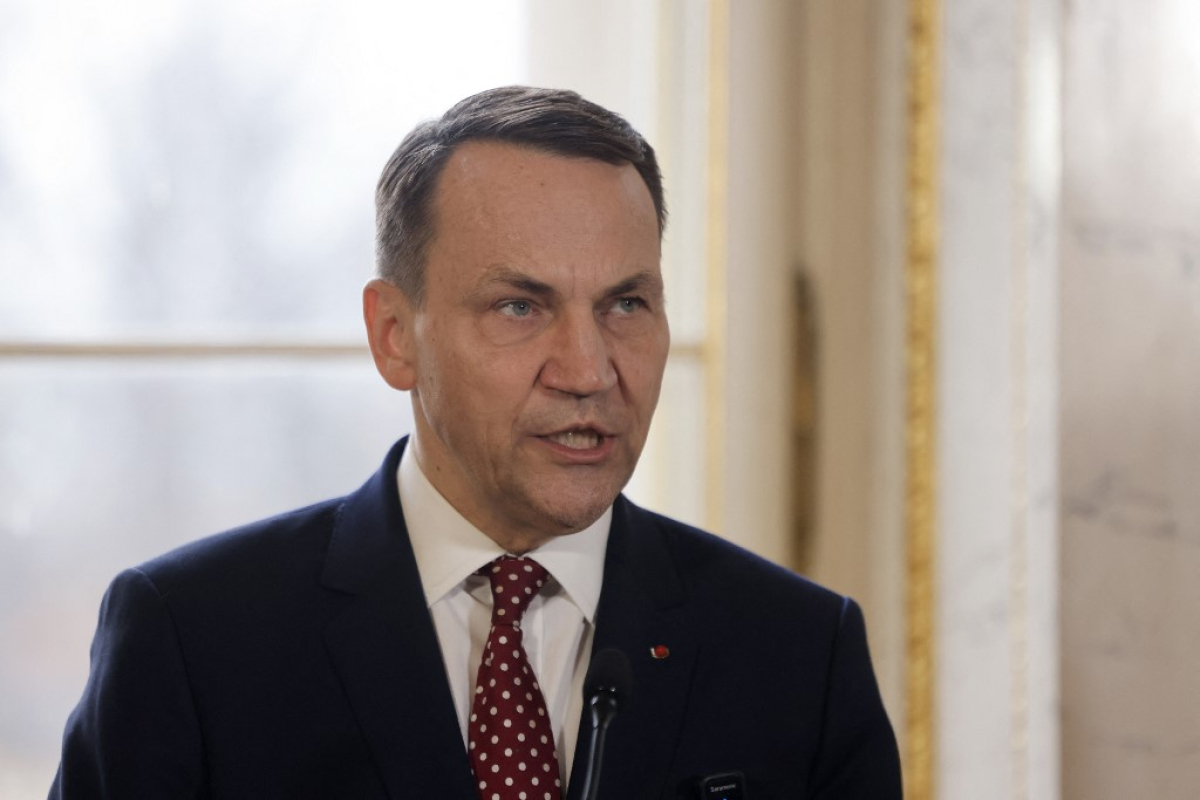EU Presidency Tensions: Poland and Hungary Clash
Explore the diplomatic spat between Poland and Hungary over an asylum case that has overshadowed Poland's assumption of the EU presidency.
Published January 04, 2025 - 00:01am

Image recovered from boursorama.com
The controversy between Poland and Hungary has recently escalated, coinciding with Poland's assumption of the European Union presidency. This diplomatic row stems from Hungary's decision to grant political asylum to Marcin Romanowski, a former Polish deputy justice minister, which has significantly strained relations between the two nations.
Marcin Romanowski, a key figure in Poland's previous nationalistic PiS government, fled Poland amid accusations of corruption, including alleged involvement in embezzling nearly 40 million euros from a fund meant to aid crime victims. Polish authorities were quick to issue an arrest warrant, but Romanowski sought refuge in Hungary, where he received political asylum under Viktor Orban's government. This decision was justified by Hungary on the grounds of 'concrete evidence of judicial failings' in Poland.
The asylum case has become a central issue in the strained diplomatic ties between Warsaw and Budapest. Poland's new pro-European government, led by Donald Tusk, interpreted Hungary's asylum grant as an 'unfriendly' move. As a result, Polish authorities barred the Hungarian ambassador from attending the official gala marking the commencement of Poland's EU presidency.
Hungary's Foreign Minister, Peter Szijjarto, sharply criticized Poland's decision, labeling it 'pathetic and childish', further deepening the diplomatic rift. The fallout raises significant questions about future cooperation within the EU, especially given Poland's presidency motto 'Security, Europe!', emphasizing the defense of its member states.
Poland's EU presidency comes at a critical juncture, as the continent navigates complex challenges, including the ongoing war in Ukraine. The country's strategic position adjacent to Ukraine has made it a frontline supporter of Kyiv against Russian aggression. Polish Prime Minister Tusk, using his inaugural speech, reinforced the importance of security, innovation, and leadership for Europe's resilience.
The diplomatic feud has overshadowed Poland's EU role at a time when unity within the bloc is paramount, especially in dealing with international security threats and internal EU reforms. The upcoming months are crucial, given that Poland aims to advance issues such as defense spending, migration regulations, and combating misinformation.
Poland's determination to discuss rule of law issues within the EU reveals underlying tensions with Hungary, which has faced criticism from Brussels for judicial independence issues. With Poland and Hungary traditionally sharing skeptical views of EU power centralization, these recent developments mark a potential shift in regional alliances.
In parallel, the EU continues to stress its support for Ukraine. European Council President Antonio Costa highlighted Ukraine's priority during this tumultuous time, urging sustained support until a just and lasting peace is achieved. His remarks underscore the EU's commitment to regional stability, despite internal disputes among member states.
Looking ahead, Poland's presidency could influence EU policy directions, particularly regarding security and defense strategies against external threats. By tackling foreign interference and enhancing defense capabilities, Poland aligns with broader EU security objectives, amid differing views on the best pathways forward.
Ultimately, how Poland navigates these diplomatic tensions and significant responsibilities during its EU presidency will be telling. The outcome could reshape its standing within Europe and affect its relationship with both supportive and opposing member states. As of now, Poland remains resolute, advocating for a stronger, unified Europe in the face of growing geopolitical challenges.







